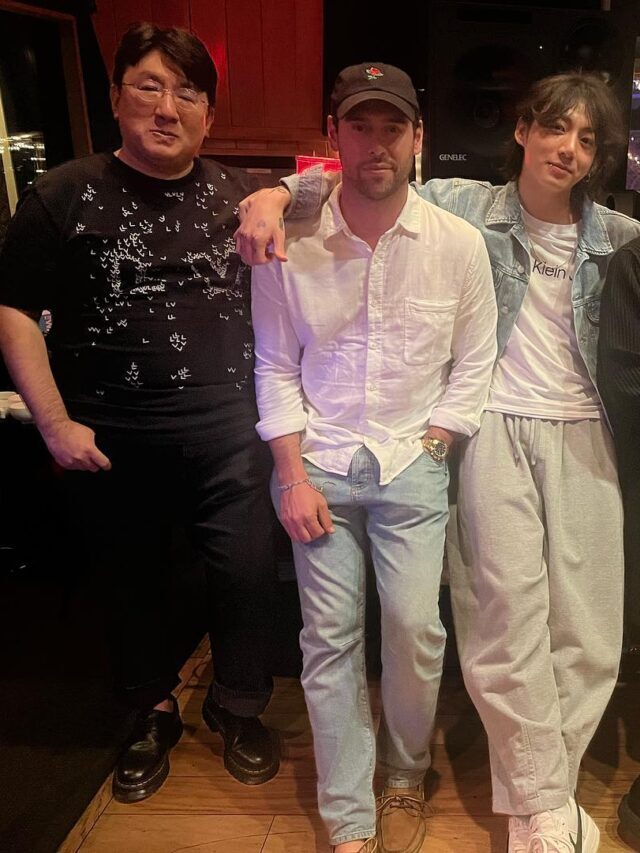Introduction
Humans have always created and recorded sound, so the music industry has always been a crucial component of society. The music industry is changing rapidly nowadays. Digital distribution music has played a large part in this. As a result of Napster, file-sharing, and streaming services, the industry has had to adapt to a new reality where people can listen to any song at any time, for free. This has led to a decline in CD sales and a decrease in revenues for the industry. Despite some setbacks, the music industry in an age of digital distribution seems to be adapting fairly well to the new paradigm. New technologies and listening habits are changing the way people consume music, and the music industry is trying to keep up. It is now common to pay for streaming services, and artists are reaping the benefits of digital distribution. Though some efforts have been made, such as Apple Music and Spotify, etc. Musicians can now make a living from their art more easily than ever before with digital distribution and royalty payments.

The Impact Of Digital Distribution On The Music Industry
Digital distribution has greatly impacted the music industry. Musicians can now independently release their music and reach a wider audience than ever before. Today, any artist can share their music around the world with the help of digital distribution. Furthermore, it has made it easier for fans to find and listen to the music of their favorite artists.
In some ways, early digital recording hardware and software made the recording process cheaper and simpler. Consumers ostensibly benefited from compact discs by improving audio quality and minimizing manufacturing and distribution costs. As a result of Napster and other file-sharing applications, people have been able to share music files for free, resulting in a significant decline in album sales. According to the Recording Industry Association of America (RIAA), the music industry lost $2.5 billion in revenue between 1999 and 2002 as a result of digital music. It was in 2007 that Apple introduced the iPhone, which allowed users to transfer music directly to their mobile phones. The result was a resurgence in CD sales since people could now buy music without having to visit a store.
Music fans can now stream music online through streaming services such as Spotify and Apple Music. Although these platforms make up the majority of the music industry’s sales, the music industry hasn’t yet returned to the levels of revenues before Napster.
The Challenges Of Digital Distribution For Musicians
Digital distribution refers to making music available online for purchase or streaming. The internet has changed the music industry, allowing artists to reach a wider audience and release their music more easily. Digital distribution of music presents musicians with a number of challenges.
In the past, musicians had to go through record labels to distribute their music, but now they can do it themselves using the internet. Among the vast amount of content available online, getting their music heard is one of the biggest challenges for artists. For their music to reach the right people, they need an effective marketing strategy. Additionally, their music needs to be available in the correct format. In addition, digital music sales are difficult to make money from. It is typical for musicians to receive lower royalties from online music sales than from physical sales. In addition, musicians have difficulty controlling how their music is distributed online. The result has been an increase in illegal downloading and piracy, which has had a negative impact on the industry.
Awakening The Music Industry In The Digital Age
A radical change has taken place in the music industry over the past two decades. Everyone has access to a wide variety of music nowadays with a computer and a web connection. As a result, sales of physical music products have plummeted. Musicians can now connect with their fans in a way that wasn’t possible before thanks to the internet. In this way, they can release their music directly to their fans without having to go through a record label. Due to this, independent music has experienced a resurgence in popularity.
Conclusion
The music industry’s future is still uncertain. However, there are some emerging trends that could have a huge impact on the industry. Streaming services are becoming more popular. They are convenient and affordable. Secondly, music piracy has declined. It’s because of the advent of legal streaming services and the crackdown on piracy. Furthermore, musicians can sell their music on a number of online marketplaces.









